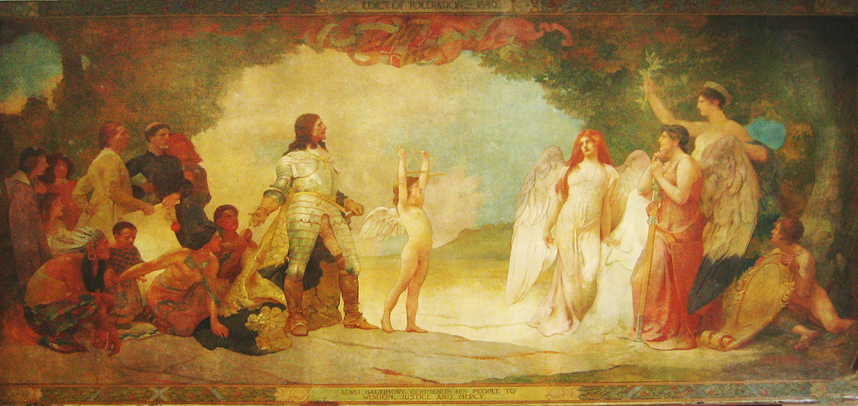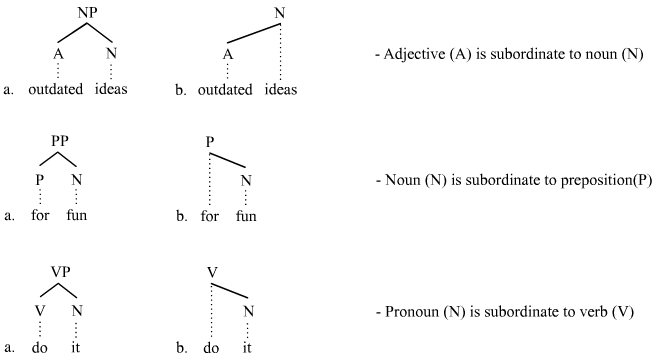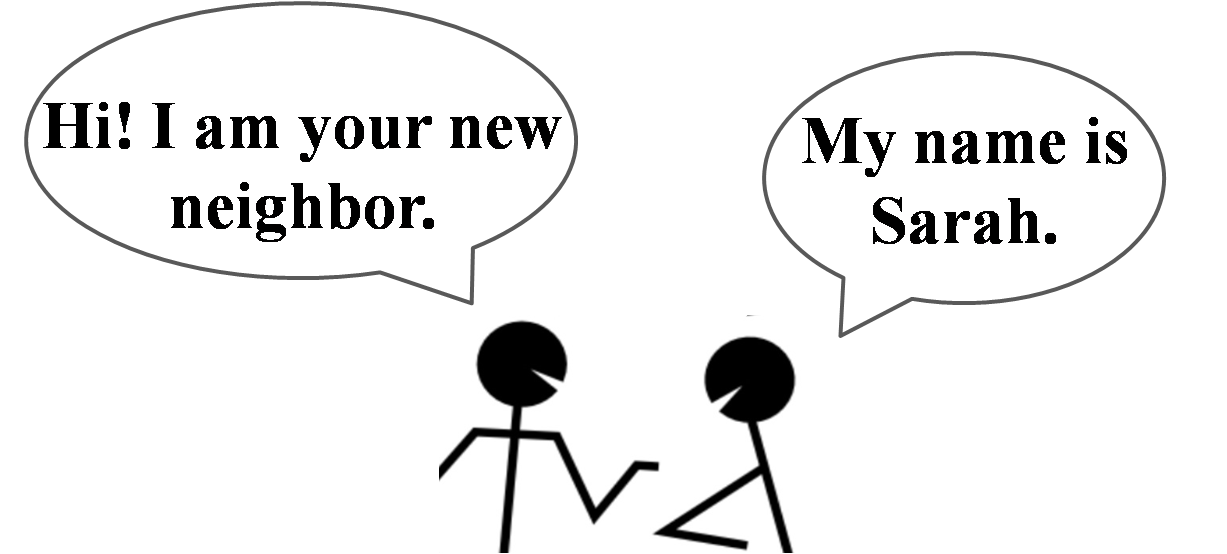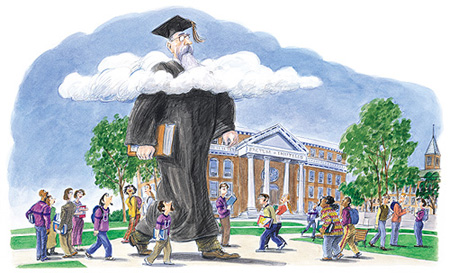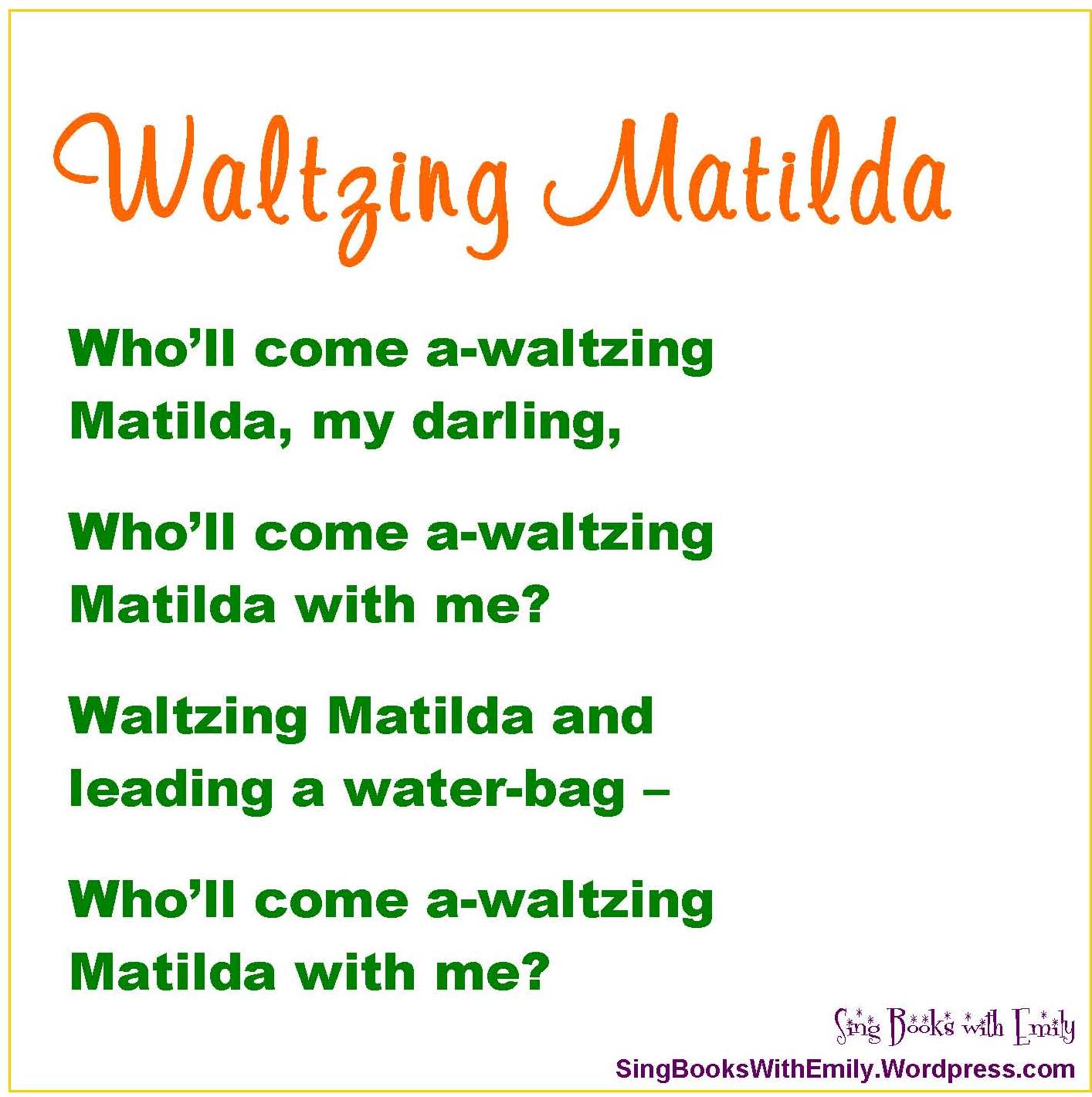The Awakening by Kate Chopin
1. Briefly summarize the plot of the novel you read according to the elements of plot you've learned in past courses (exposition, inciting incident, etc.). Explain how the narrative fulfills the author's purpose (based on your well-informed interpretation of same).- The Awakening by Kate Chopin, begins with Edna Pontellier, her husband, Leonce, and their two children spending some time in Grand Isle. Since Mr. Pontellier is always gone with business, Edna develops a close bond with her friend, Adele Ratignolle. Through spending much of her time with Adele, Edna discovers that she no longer wants to be an ordinary "mother-woman" and strives to become the independent woman that she has always wanted to be. While in the process of discovering herself, Edna develops a relationship with Robert. As time progresses, Edna and Robert's love for one another becomes incredibly intense. Due to the fact that their love is forbidden, Robert decides to leave Grand Isle. When Edna leaves Grand Isle and returns back home, She commits adultery and participates in sexual pleasures with Alcee. Robert and Edna then confess their love for one another and Edna soon leaves Robert to go help Adele through childbirth. However, when Edna returns, Robert is gone and Edna heads back to Grand Isle, where she commits suicide.
2. Succinctly describe the theme of the novel. Avoid cliches.
- The theme of The Awakening is adultery. In the novel, Edna discovers that she wants to be free and realizes that she is drifting away from her husband, Leonce. While finding herself as an individual, Edna participates in sexual pleasures with Alcee and confesses her love to Robert.
3. Describe the author's tone. Include a minimum of three excerpts that illustrate your point(s).
- Kate Chopin's tone is objective.Throughout the novel, she demonstrates facts as well as the thoughts and feelings of the characters.
"Edna liked it all. she looked Mariequita up and down, from her ugly brown toes to her pretty black eyes, and back again." (page 34)
"A feeling of oppression and drowsiness overcame Edna during the service. Her head began to ache, and the lights on the alter swayed before her eyes." (page 35)
"As Edna walked along the street she was thinking of Robert. She was still under the spell of her infatuation. She had tried to forget him, realizing the inutility of remembering." (page 54)
4. Describe a minimum of ten literary elements/techniques you observed that strengthened your understanding of the author's purpose, the text's theme and/or your sense of the tone. For each, please include textual support to help illustrate the point for your readers. (Please include edition and page numbers for easy reference.)
DOVER THRIFT EDITIONS
Point of View: The novel is told in third person. "He thought it very discouraging of his wife, who was the sole object of his existence, evinced so little interest in things which concerned him, and valued so little his conversation." (page 5)
Symbolism: "A feeling of exultation overtook her, as if some power of significant import had been given her to control the working of her body and her soul. She grew daring and reckless, overestimating her strength. She wanted to swim far out, where no woman had swum before." (page 27)
Similes: "She missed him the days when some pretext served to take him away from her, just as one misses the sun on a cloudy day without having thought much about the sun when it was shining." (page 27)
Imagery: "Mrs. Pontellier's eyes were quick and bright; they were yellowish brown, about the color of her hair. She had a way of turning then swiftly upon an object and holding them there as if lost in some inward maze of contemplation or thought." (page 3)
Personification: "The voice of the sea speaks to the soul. The touch of the sea is sensuous, enfolding the body in its soft, close embrace." (page 13)
Foreshadowing: "Let Mrs. Pontellier alone..... She is not one of us; she is not like us. She might make the unfortunate blunder of taking you seriously." (page 19)
Foil: "-all declared that Mr. Pontellier was the best husband in the world. Mrs. Pontellier was forced to admit that she knew of none better." "If her husband did not adore her, he was a brute, deserving of all death by slow torture. Her name was Adele Ratignolle." (page 8)
Vernacular: "I hope you feel better and happier in the morning." (page 93) "When did you come back?" (page 97)
Dialect: "Allez vous-en! Allez vous-en! Sapristi! That's all right!" (page 1) "Voila que Madame Ratignolle est jalouse!" (page 19)
Diction: "Mrs. Pontellier was by that time thoroughly awake. She began to cry a little, and wiped her eyes on the sleeve of her peignoir. Blowing out the candle, which her husband had left burning, she slipped her bare feet into a pair of satin mules at the foot of the bed and went out on the porch, where she sat down in the wicker chair and began to rock gently to and fro." (page 6)
CHARACTERIZATION
1. Describe two examples of direct characterization and two examples of indirect characterization. Why does the author use both approaches, and to what end (i.e., what is your lasting impression of the character as a result)?
- The author uses both direct and indirect characterization not only for readers to learn about characters through their appearances, but through their thoughts, behaviors, and feelings as well.
DIRECT CHARACTERIZATION
"Mr. Pontellier wore eye-glasses. He was a man of forty, of medium height and rather slender build; he stooped a little. His hair was brown and straight, parted on one side. His beard was neatly and closely trimmed." (page 1) Mr. Pontellier's appearance is being described.
"In short, Mrs. Pontellier was not a mother-woman. The mother women seemed to prevail that summer at Grand Isle. It was easy to know them, fluttering about with extended, protecting wings when any harm real or imaginary, threatened their precious brood. They were women who idolized their children, worshiped their husbands, and esteemed it a holy privilege to efface themselves as individuals and grow wings as ministering angels." (page 8) In this paragraph, we learn that Mrs. Pontellier is not like the other mothers. Although she does love her family, Mrs. Pontellier does not worship her husband nor idolized her children.
INDIRECT CHARACTERIZATION
"Mrs. Pontellier sprang out of bed and went into the next room. She soon came back and sat on the edge of the bed, leaning her head down on the pillow. She said nothing, and refused to answer her husband when he questioned her. When his cigar was smoked out he went to bed, and in half a minute he was fast asleep." (page 6) Based on this paragraph, we can infer that something is clearly upsetting Mrs. Pontellier. We can also infer that although Mr. Pontellier loves Edna, he doesn't truly know nor care much about her feelings.
"He stood up beside her and smoothed her hair with his soft, magnetic hand. His touch conveyed to her a certain physical comfort. She could have fallen quietly asleep there if he had continued to pass his hand over her hair. He brushed the hair upward from the nape of her neck." (page 92) Based on this paragraph, we can infer that Arobin is seductive and that Mrs. Pontellier is both comfortable with and physically attracted to Arobin.
2. Does the author's syntax and/or diction change when s/he focuses on character? How? Example(s)?
- Yes, the author's diction does change when she focuses on Mrs. Pontellier's character. When Mrs. Pontellier thinks or speaks of her love for Robert, the author's diction changes which ultimately creates an entirely different atmosphere within the novel.
"As Edna walked along the street she was thinking of Robert. She was still under the spell of her infatuation. She had tried to forget him, realizing the inutility of remembering. But the thought of him was like an obsession, ever pressing itself upon her. It was not that she dwelt upon details of their acquaintance, or recalled in any special or peculiar way his personality; it was his being, his existence, which dominated her thought, fading sometimes as if it would melt into the mist of the forgotten, reviving again with an intensity which filled her with an incomprehensible longing." (page 54)
3. Is the protagonist static or dynamic? Flat or round? Explain.
- I believe that the protagonist, Edna Pontellier, is a dynamic and round character because she undergoes change from the beginning to the end of the novel. At the beginning of the novel, Mrs. Pontellier was an ordinary wife and mother, however, after discovering her identity and participating in sexual matters along the way, she transforms into the independent woman that she had always wanted to become.
4. After reading the book did you come away feeling like you'd met a person or read a character? Analyze one textual example that illustrates your reaction.
- After reading the book I felt as if I'd met Edna. Throughout the novel, Edna expressed her true emotions as she confessed her feelings for Robert and demonstrated her want of independence, which made her seem like a real person and not just a character.
"The tears came so fast to Mrs. Pontellier's eyes that the damp sleeve of her peignoir no longer served to dry them. She was holding the back of her chair with one hand; her loose sleeve had slipped almost to the shoulder of her uplifted arm. Turning, she thrust her face, steaming and wet, into the bend of her arm, and she went on crying there, not caring any longer to dry her face, her eyes, her arms. She could not have told why she was crying. Such experiences as the foregoing were not uncommon in her married life. They seemed never before to have weighed much against the abundance of her husband's kindness and a uniform devotion which had come to be tacit and self-understood." (page 6)
In this paragraph, I felt like I had really known Edna as an individual. She was at such a vulnerable state, which gave me the opportunity to really connect to her as she poured all of her emotions out. This paragraph helped me realize that sometimes emotions help us really learn about an individual; that when someone is at a vulnerable state in their life, their true colors show and they are themselves.


